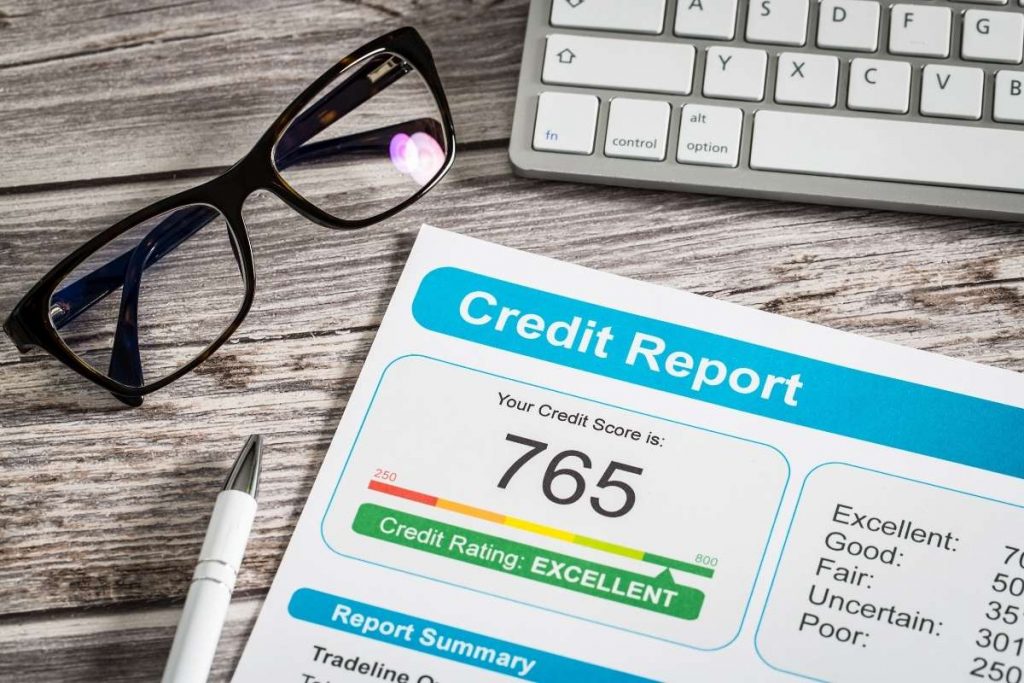Credit is a touchy subject for many people. Your credit score plays a huge role in your everyday life, and you might not even realize it. Along with your income and expenses, your credit has the power to shape your financial future. But, don’t start sweating just yet! The good news is that once you learn the ropes and swings, it’s easy to understand how and why you should monitor your credit.
Why Should I Monitor my Credit?
If you’re attempting to secure a home loan, apply for a credit card, purchase a new car, or even shop for a new phone plan, your credit will be examined. It’s one of the most important determining factors when it comes to borrowing money and getting a low-interest rate. For example, when applying for a loan, a higher credit score will result in a lower interest rate on your loan. This could help you save thousands of dollars in interest over the life of your loan.
It’s always a good idea to keep an eye on your credit to stay informed about account updates, recent transactions, possible mistakes, and potentially fraudulent activity. While inaccuracies aren’t common, it is possible for credit reporting agencies to make mistakes.

How Is My Credit Score Determined?
Off of the top of your head, do you know how your credit score is determined? A survey conducted by LendingTree reported that nearly 37% of Americans don’t know how their score is calculated.
Here’s what goes into computing your credit score:
- Your payment history
- The amount of credit you’ve used relative to your available credit
- Types of credit (credit cards, loans, home mortgage, etc.)
- Length of your credit history
- Recent credit applications
How Do I Monitor my Credit?
- Request an annual credit report. There are many companies that will check your credit like Experian, Equifax, or your bank. You can also get a free annual credit report on AnnualCreditReport.com. Once you know your credit score, you can begin to improve or repair it.
- Print or save a copy of your annual reports. Some credit report services will only allow you to open your credit report once a year and once you close out of the window it’s gone. As soon as you get it, file it away for future reference.
- Review your reports carefully for any errors. Check your annual credit report for charges you don’t recognize and/or accounts you didn’t open.
- Consider how to actively improve your credit. You can improve your credit by paying your bills on time, keeping the utilization of your credit cards low, and reducing your credit debt to 25% or less of your credit line. If you’d like to learn more about how to improve your credit, read our blog here.
Keeping tabs on your credit is simple and necessary if you’re planning on buying a home in the future. Give our team a call with any questions you have at 562-896-2456 or fill out the form below.


